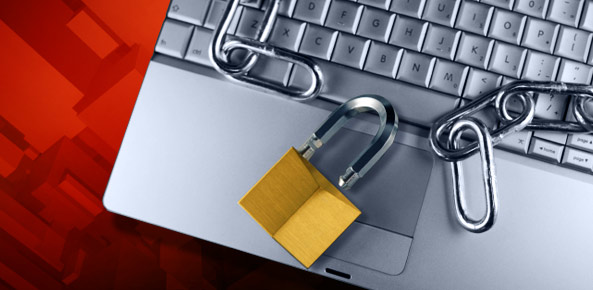What or who are Lazarus? the rise of an infamous group of workaholic hackers, collectively known as “Lazarus,” who may be using underground lairs in northeast China and have created a virtual “malware factory” that could cause a lot more havoc in the future. They are using their name Lazarus as a Ransomware which is making its presence felt in the computers world over. Some suspect this as a legacy left by ransomware called WannaCry. This ransomware will extort a payment in order to undo changes that the Trojan virus has made to the victim’s computer. We always recommend you to use malware removal tool to safeguard your system from malware attacks.

How does this Ransomware get onto a computer?
The most common ways in which Ransomware Trojans are installed are:
- Via phishing emails
- By visiting a website that contains a malicious program
- Dubious adult sites, unknown freeware downloads,
This happens mostly because of the above-mentioned sources, as this can cause the download of malicious code (ransomware) that may be in the form of malicious macros, malicious scripts, or malicious EXEs.
Changes post the virus gets into your computer?
- Web browsing habits are monitored and your login name, as well as the password, are collected.
- It will slow down your system and tamper with an internet connection.
- This ransomware also has the ability to use this chance to remotely control the computer to do anything they want.
- This even can delete or modify your important documents and block or encrypt your personal data openly, resulting in unwanted losses.
- More prominently, the performance of the infected computer gets severely damaged and many system applications running presently or in the background cannot work properly. Because it is a direct threat for system security and your personal data.
- Degrades the PC performance and makes it weird
- PC becomes slower
Tips to Prevent Lazarus from Infecting Your System:
- Enable your popup blocker: Pop-ups and ads in the websites are the most adoptable tactic used by cyber criminals or developers with the core intention to spread malicious programs. So, avoid clicking uncertain sites, software offers, pop-ups etc.
- Keep your Windows Updated:To avoid such infections, we recommend that you should always keep your system updated through automatic windows update. By doing this you can keep your device free from virus. According to survey, outdated/older versions of windows operating system are an easy target.
- Third party installation:Try to avoid freeware download websites as they usually install bundled of software with any installer or stub file.
- Regular Back up: Regular and periodical backup helps you to keep your data safe in case the system is infected by any kind of virus or any other infection. Thus always backup important files regularly on a cloud drive or an external hard drive.
- Always have an Anti-Virus: Precaution is better than cure. We recommend that you install an antivirus like McAfee or a good Malware Removal Tool like Free Malware RemovalTool. Apart from this we would suggest a regular updating of these software to detect and avoid latest infections.
- Install a powerful ad-blocker for Chrome, Mozilla and IE.
